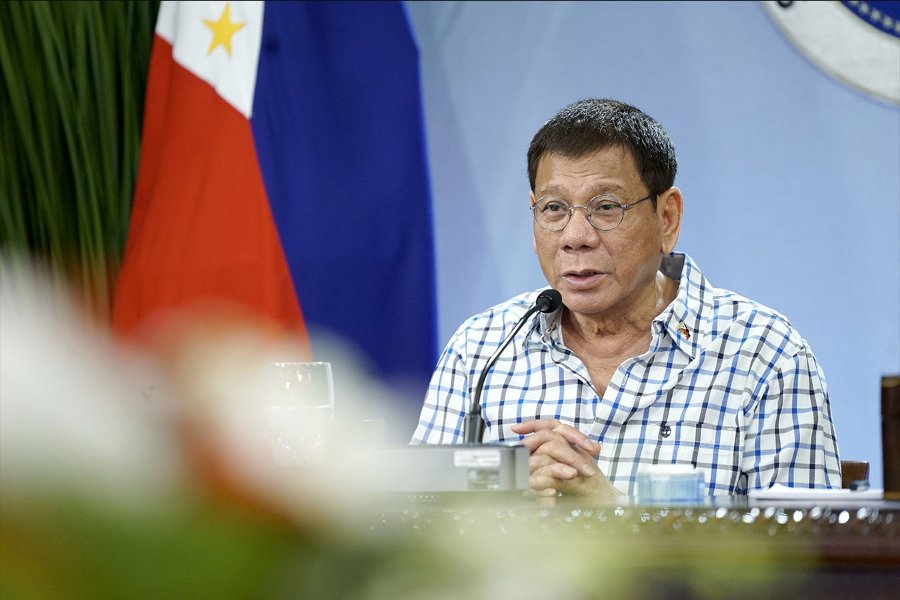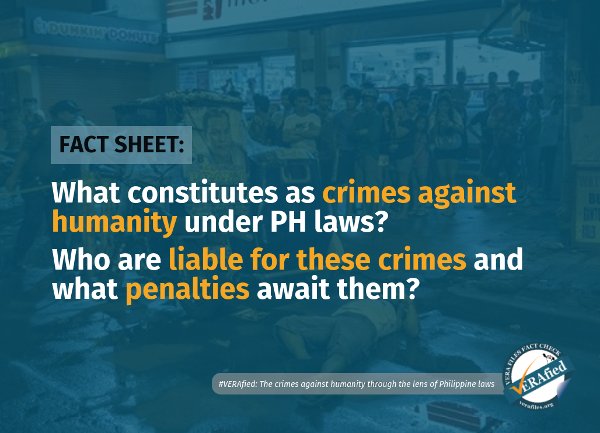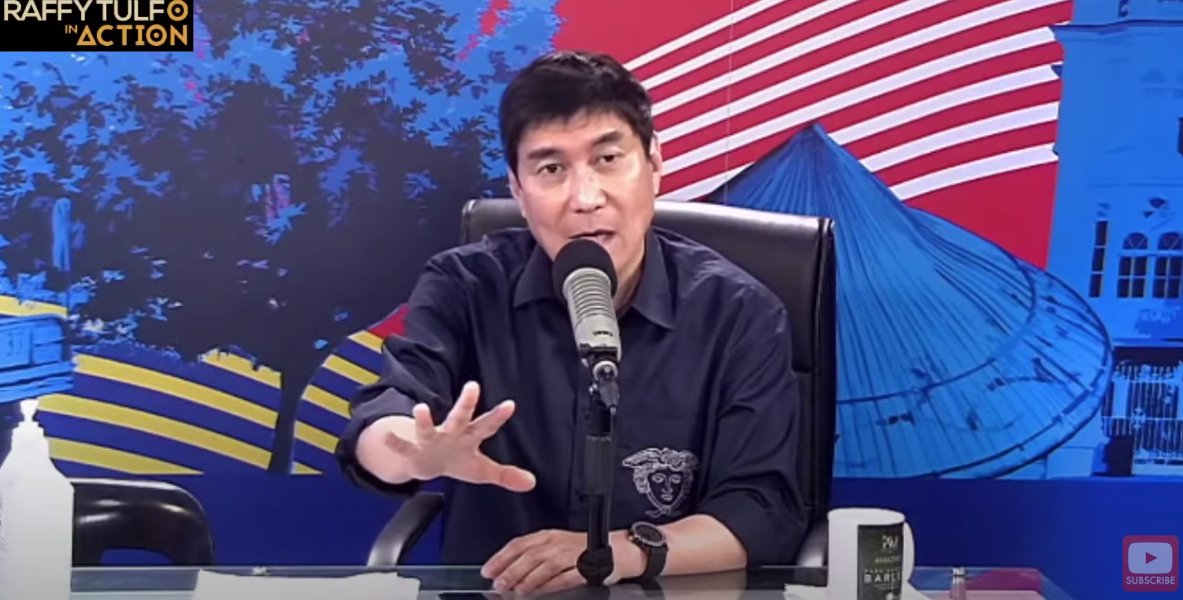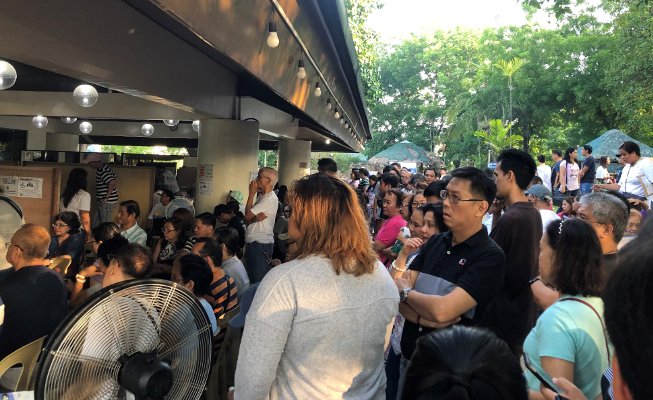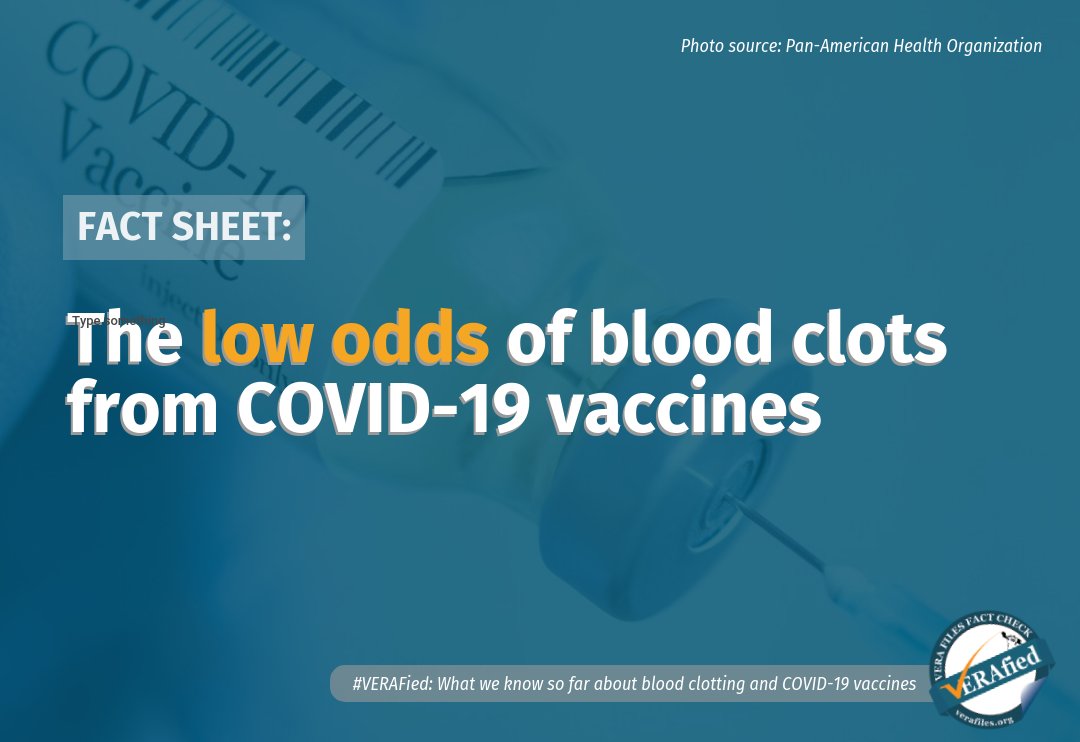With the number of confirmed cases of the coronavirus disease 2019 (COVID-19) surging again in the past two weeks, people are quick to take the government to task for its apparent ineptitude in containing its spread. On the other hand, the government blames the public for being pasaway (hardheaded) despite repeated reminders to follow health protocols.
On Saturday, the Department of Health (DoH) reported 7,999 new positive cases, surpassing the previous day’s 7,103 cases, which was recorded as the all-time high daily infection since the first Covid-19 case was monitored in the country on Jan. 30, 2020.
Rabindra Abeyasinghe, the World Health Organization’s country representative to the Philippines, on Friday said the spike in the number of cases was a “complex scenario,” which could have been influenced by possible “vaccine optimism” that caused a decrease in compliance to health standards, or by the spread of the more transmissible variants of the virus.
Public health experts, however, believe there may be other reasons.
Dr. Anthony Leachon, a former adviser to the National Task Force Against COVID-19, said he disagreed with Abeyasinghe.
He said poor decision-making on the part of the government, as well as an emphasis on reopening the economy, fueled the current surge.
As I said two weeks before, it is strange that confirmed cases began rising again, with a daily average of 3,000 cases after the numbers had gone down to just over 1,000 a day since late last year, when the initial shipments of vaccines arrived in Manila and the government started its inoculation drive on March 1.
When the first shipment of 600,000 doses of Sinovac Biotech’s CoronaVac vaccine from China arrived on February 28, the DoH database showed 2,113 new cases. On March 6, the reported new cases shot up to 3,439, the highest number in a single day since Oct. 12, 2020.
Now, the numbers have grown way beyond the projection of the independent OCTA research team of an average 2,500 a day. The spike in the first week of March in COVID-19 cases in Metro Manila, averaging 900 infections daily, was 50 percent higher than what was reported from February 19 to 25 and 119 percent higher from two weeks prior.
The 7,999 new cases reported on Saturday already met the end-of-March projection of OCTA, and the numbers keep rising with more infections monitored in work places, and which were then spread to the workers’ family members.
The infections reported on Saturday brought the country’s total COVID-19 cases to 656,056, the DoH said. It also reported that the recoveries rose to 562,484 with the addition of 597 patients who had gotten well. However, another 30 had died, raising the death toll to 12,930.
In my hometown in Bulacan, an employee in the municipal government got infected and unknowingly passed on the virus to his wife, and then to their two children, to his 90-year-old mother and her caregiver. The employee and his family were said to have been compliant with the health protocols and were cautiously observing social distancing. In short, they were not pasaway, but they still got the virus.
Look at Palace spokesman Harry Roque, who publicly announced that he had tested positive for the virus. Since April last year, Roque has been reminding the pasaway to observe hygiene and social distancing protocols to avoid getting COVID-19. But was Roque following the same health standards? Photographs and video footage of his out-of-town trips, both for work and leisure, would show that he wasn’t. And so he got infected.
So, who’s the real pasaway?
Philippine National Police Director General Debold Sinas should be leading by example in following the health protocols that the DoH and Inter-Agency Task Force for the Management of Emerging Infectious Diseases have laid down. But wasn’t he among the first to break the rules when he celebrated his birthday with a mañanita in May 2020?
With the new variants of the virus, which are said to be more contagious, already in the country, government officials should stop blaming the people for the uncontrolled spread of the virus and, instead, admit their shortcomings and work with all sectors in crafting effective measures to address the problems and contain the virus.
Someone should tell President Rodrigo Duterte that shaming his critics and calling them names as well as belittling the COVID-19 problem as maliit na bagay won’t help drive away COVID-19.
Although the next election is barely 13 months away, political leaders should set aside their partisan and personal interests even for just a few months and put their heads together to draw up measures that could effectively ease the country’s worsening COVID-19 situation.
Blaming one another will make us all losers. The people, rich and poor, will surely cooperate if they see the government leaders working together for the common good and practicing what they preach. We won’t survive if we keep on blaming others for the mess we’re in.
The views in this column are those of the author and do not necessarily reflect the views of VERA Files.
This column also appeared in The Manila Times.
